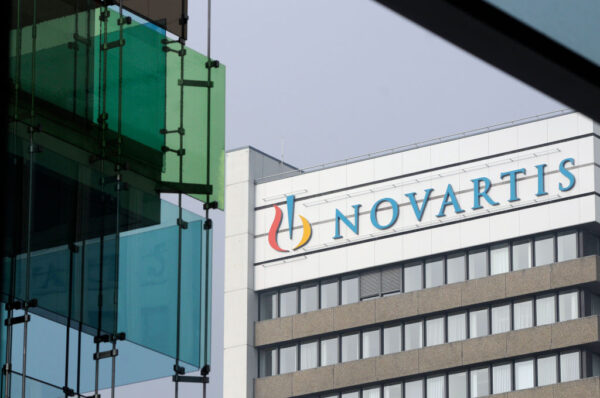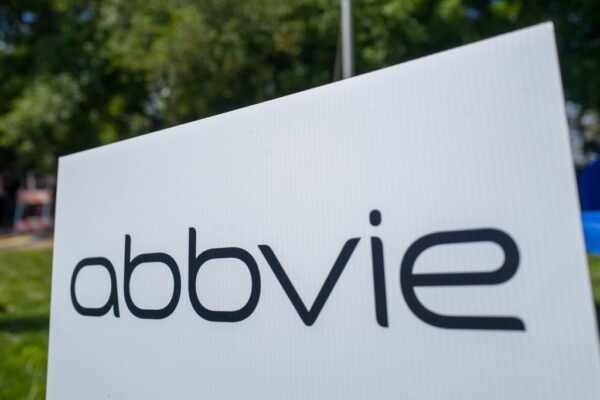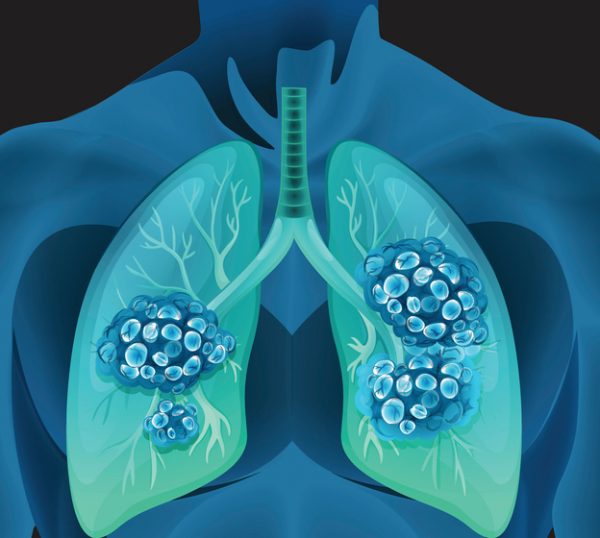STAT+: Pharmalittle: We’re reading about Trump and pharma tariffs, an abortion pill ruling, and more
1 week 1 day ago
Pharma, Pharmalot, pharmalittle, STAT+
AbbVie Pays $700M for Drug Engineered to Overcome Resistance in Multiple Myeloma
2 weeks 12 hours ago
BioPharma, Daily, Pharma, AbbVie, antibody drug, biopharma nl, Cancer, Clinical trial, deals, multiple myeloma
STAT+: Brawl over Eylea gets biosimilar industry’s attention
2 weeks 16 hours ago
Biotech, Business, Pharma, The Readout, biotechnology, drug development, drug prices, Research
STAT+: Pharmalittle: We’re reading about Regeneron’s patent maneuvers, FDA rejection letters, and lots more
2 weeks 16 hours ago
Pharma, Pharmalot, pharmalittle, STAT+
Blockbuster Novartis Drug Fails Key Test Hoped to Expand Its Use to Rare Blood Vessel Disorder
2 weeks 4 days ago
BioPharma, Daily, Pharma, Autoimmune disorder, biopharma nl, Clinical Trials, Cosentyx, giant cell arteritis, Novartis, rare disease
STAT+: Pharmalittle: We’re reading about Spain probing Novo weight loss ads, AstraZeneca stock listing, and more
3 weeks 1 day ago
Pharma, Pharmalot, pharmalittle, STAT+
STAT+: Pharmalittle: We’re reading about Novo’s Wegovy launch gaffes, a former Pfizer exec’s subpoena, and more
3 weeks 2 days ago
Pharma, Pharmalot, pharmalittle, STAT+
AbbVie’s $2.1B Acquisition Adds In Vivo Cell Therapy to Its Immunology & Inflammation Pipeline
3 weeks 3 days ago
BioPharma, Pharma, AbbVie, autoimmune disease, CAR-T, cell theapy, Clinical Trials, immunology, inflammation
Metsera’s Amylin Drug Looks Good in Phase 1, Shows Potential to be a Once-Monthly Obesity Med
1 month 2 weeks ago
BioPharma, Pharma, amylin, Clinical Trials, GLP-1 drugs, metabolic disorder, Metsera
AbbVie’s Solid Tumor Strategy Gets a Win With Accelerated FDA Approval in Lung Cancer
2 months 1 week ago
BioPharma, Daily, legal, Pharma, AbbVie, antibody drug conjugate, biopharma nl, Clinical Trials, Emrelis, FDA, lung cancer






